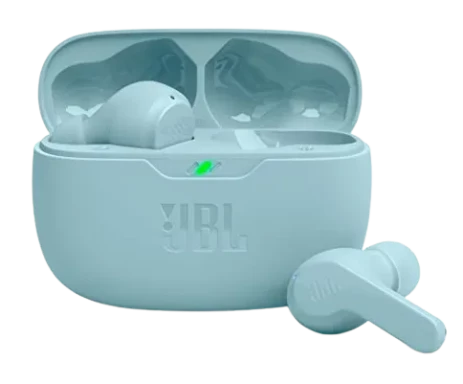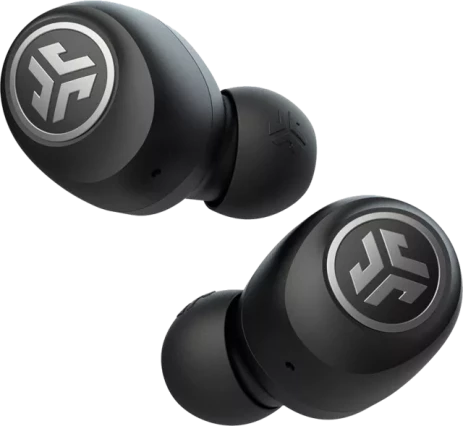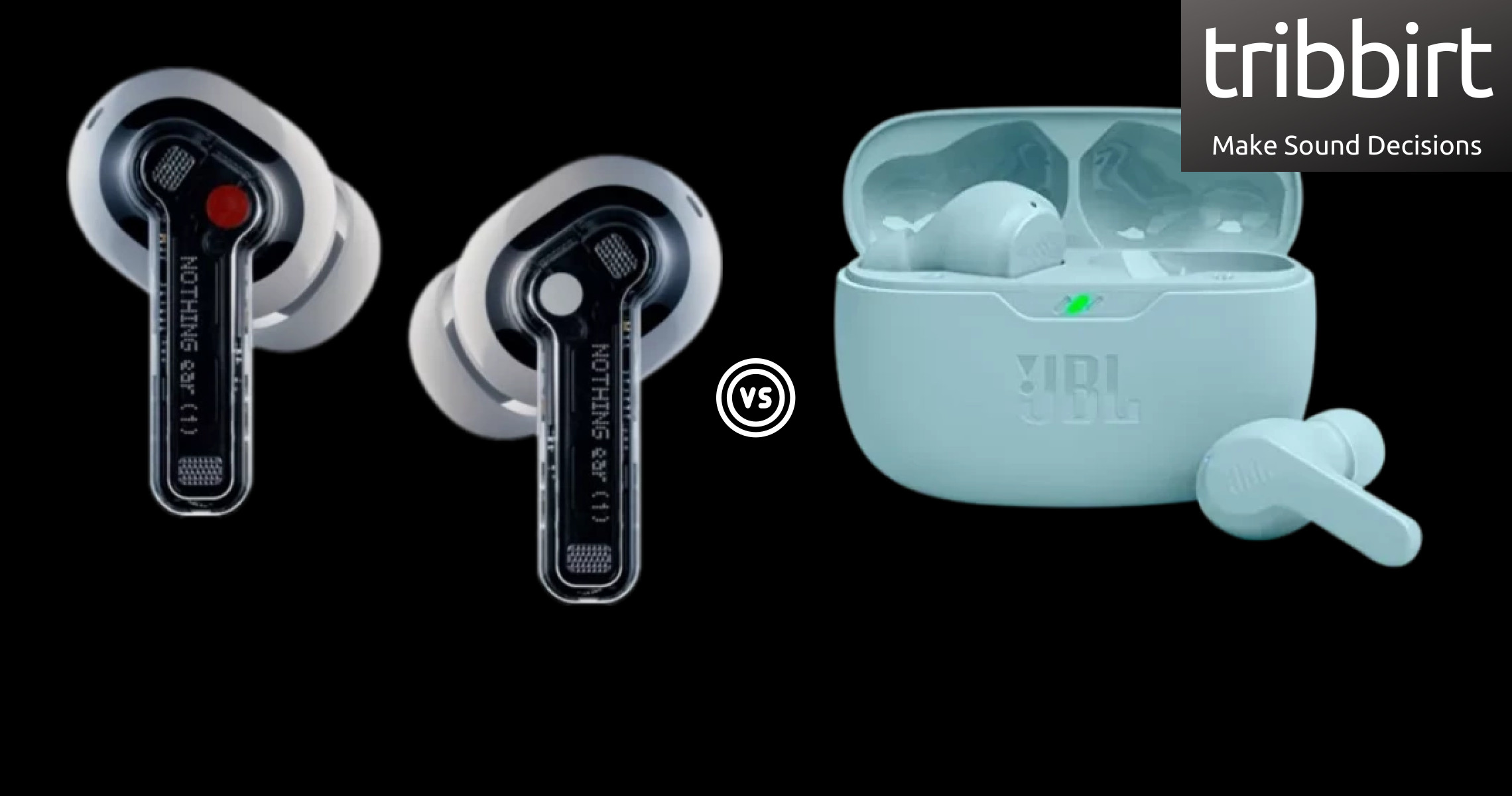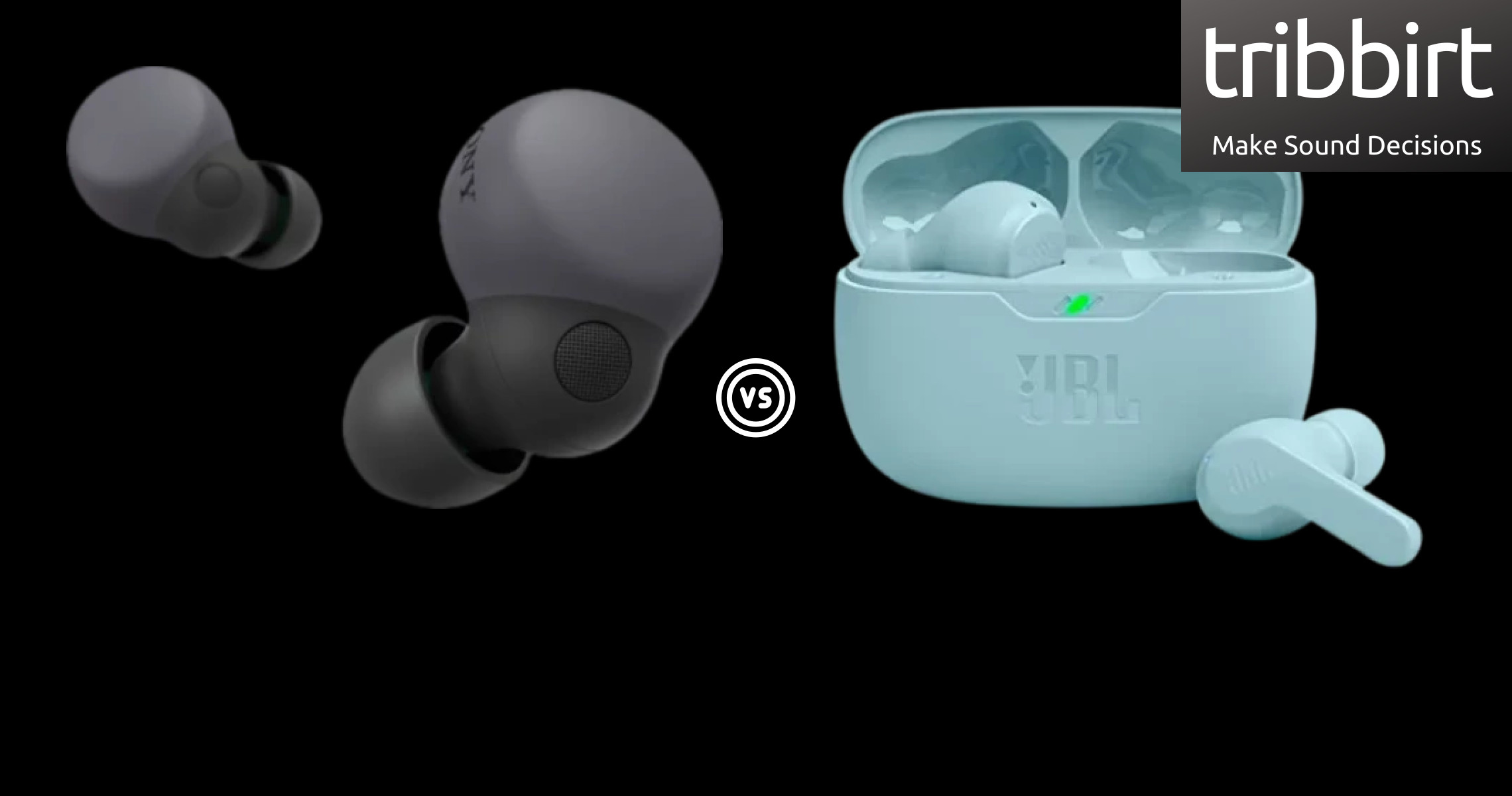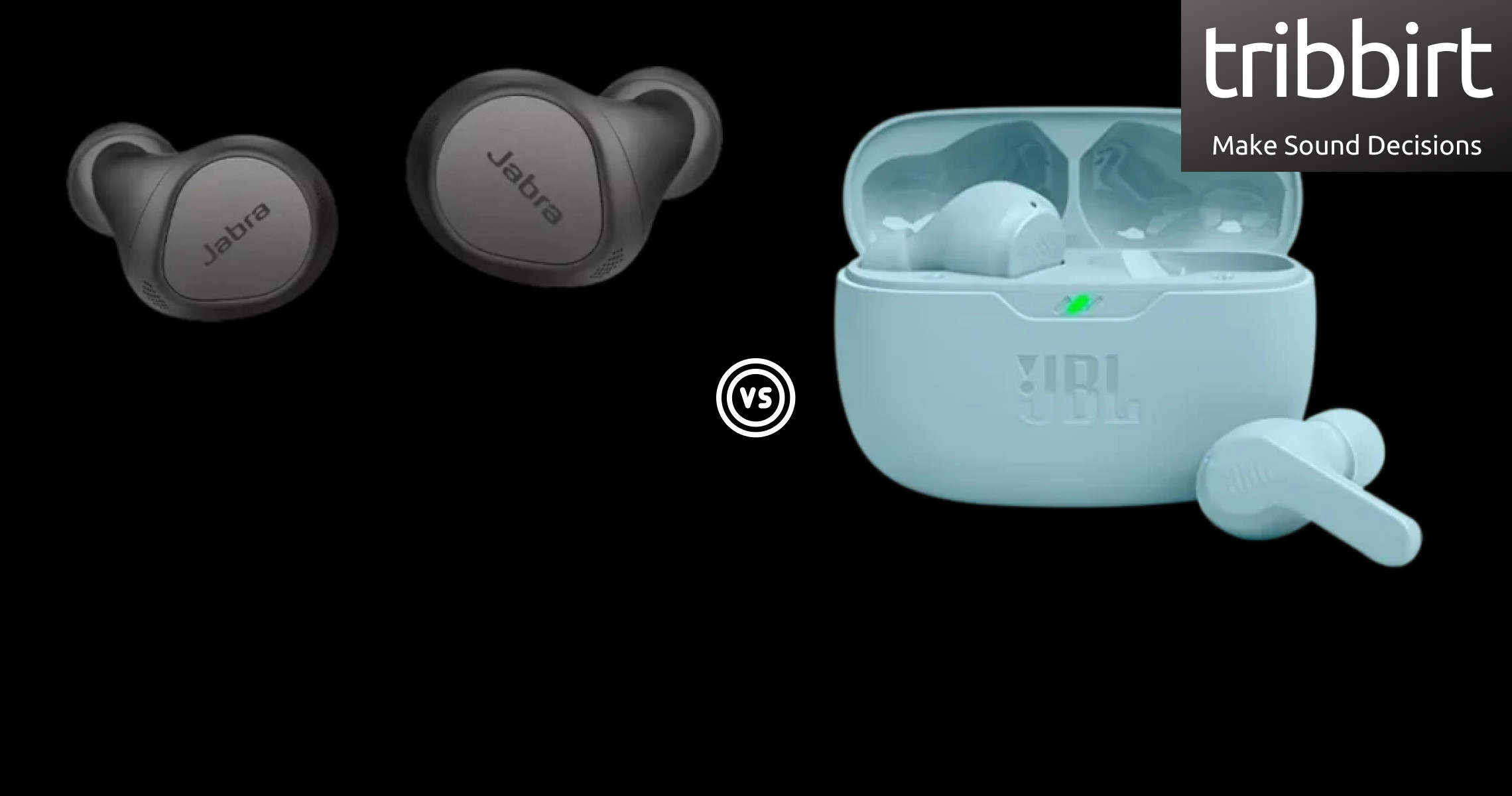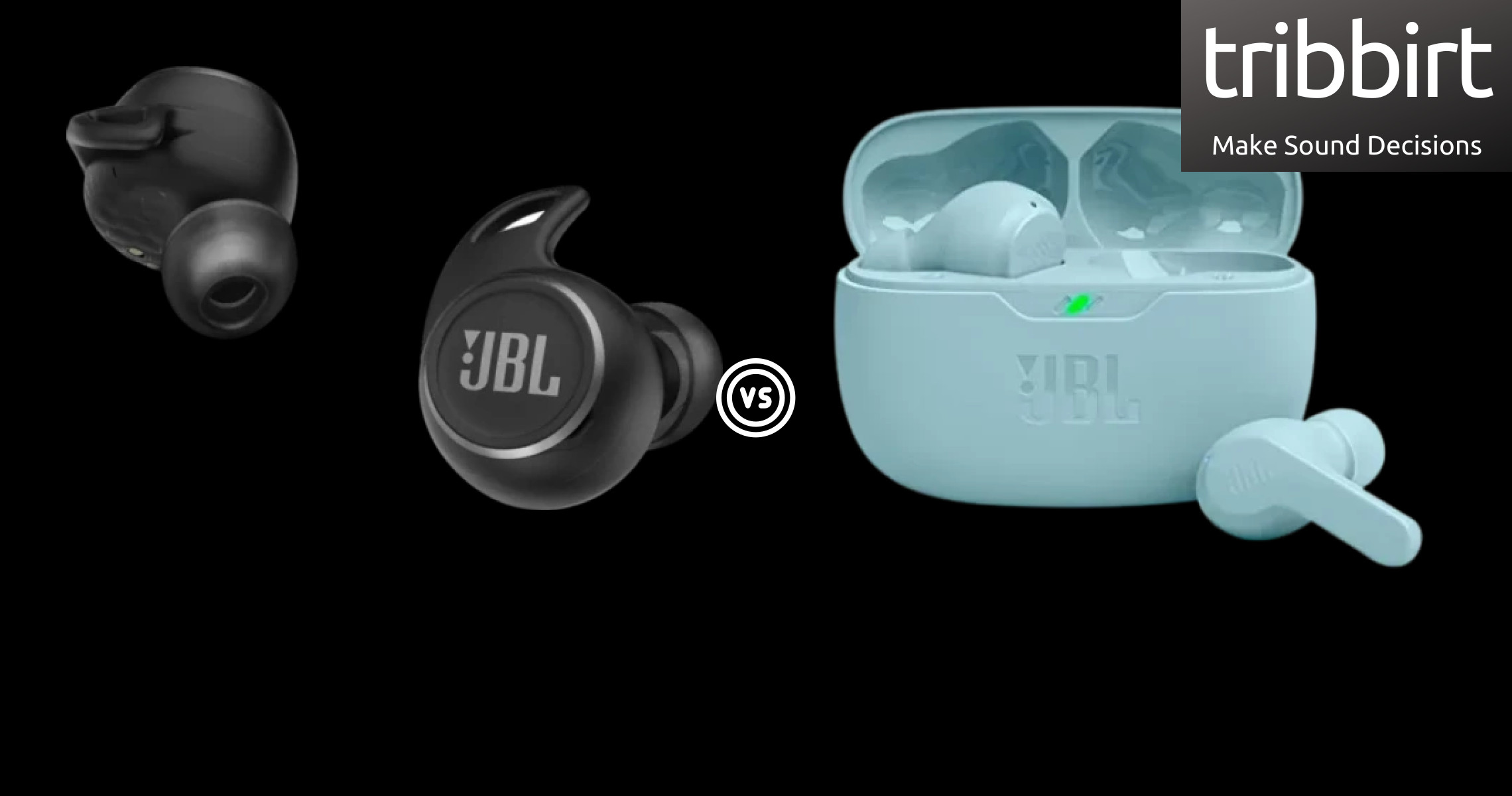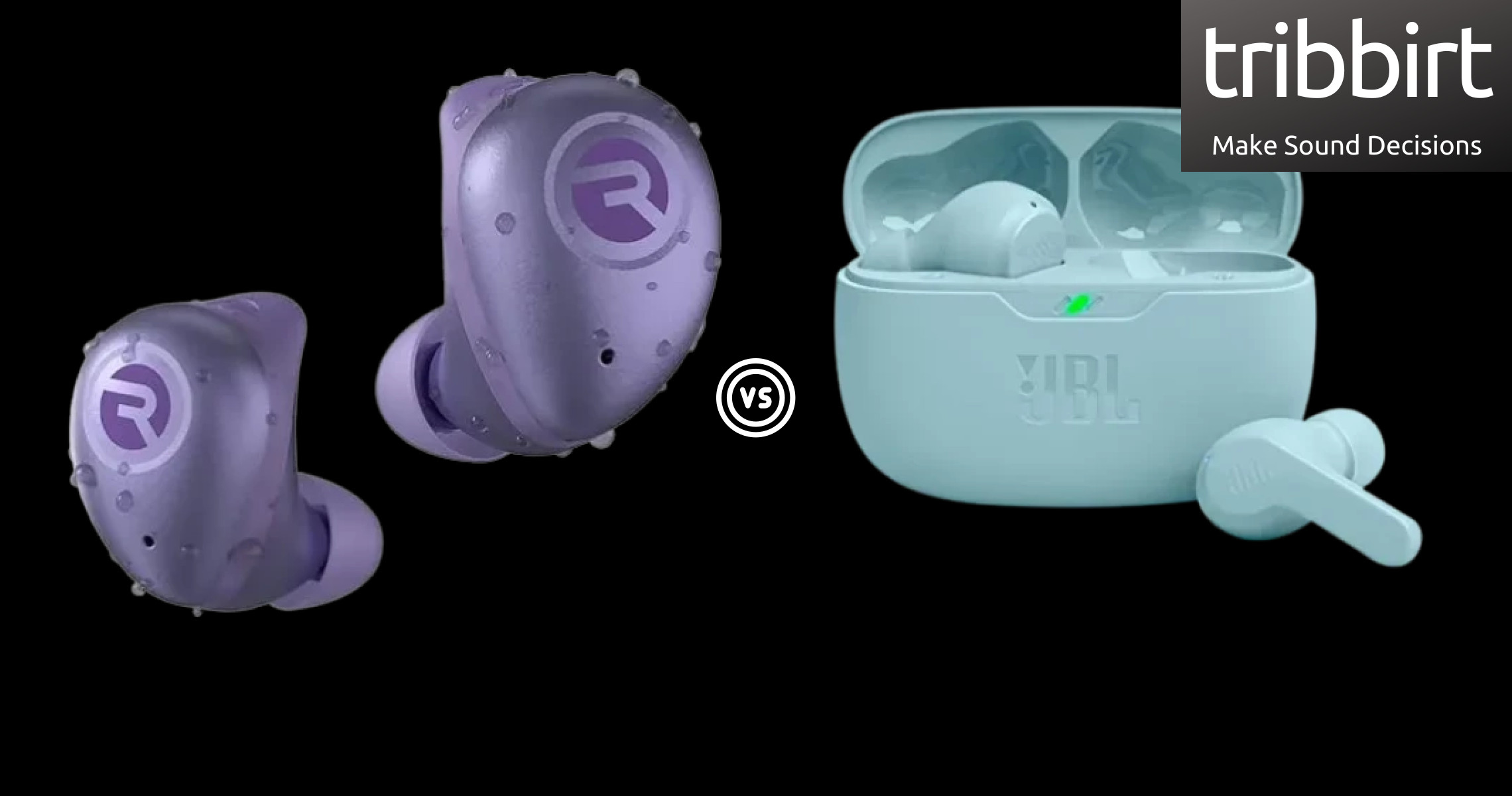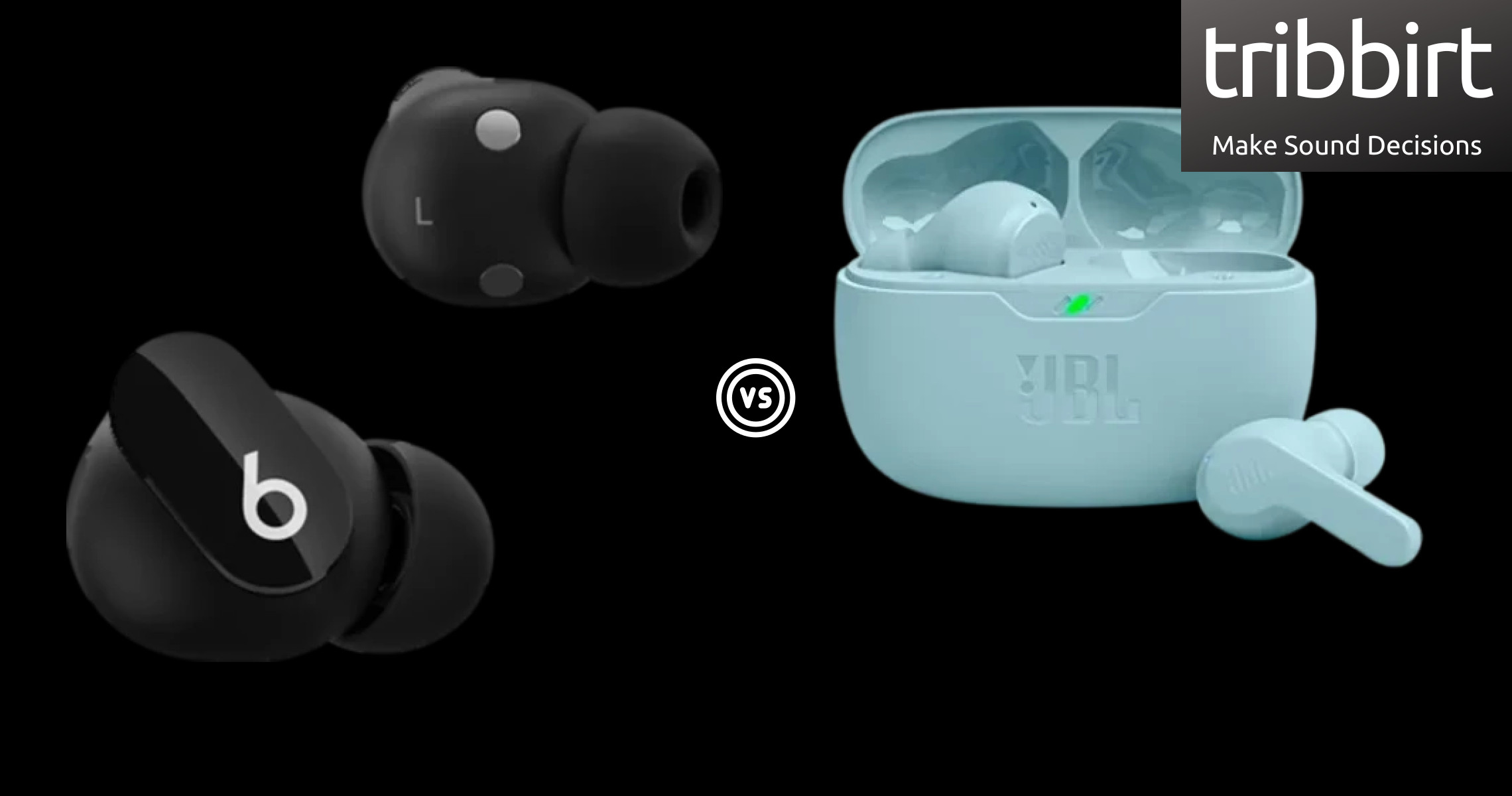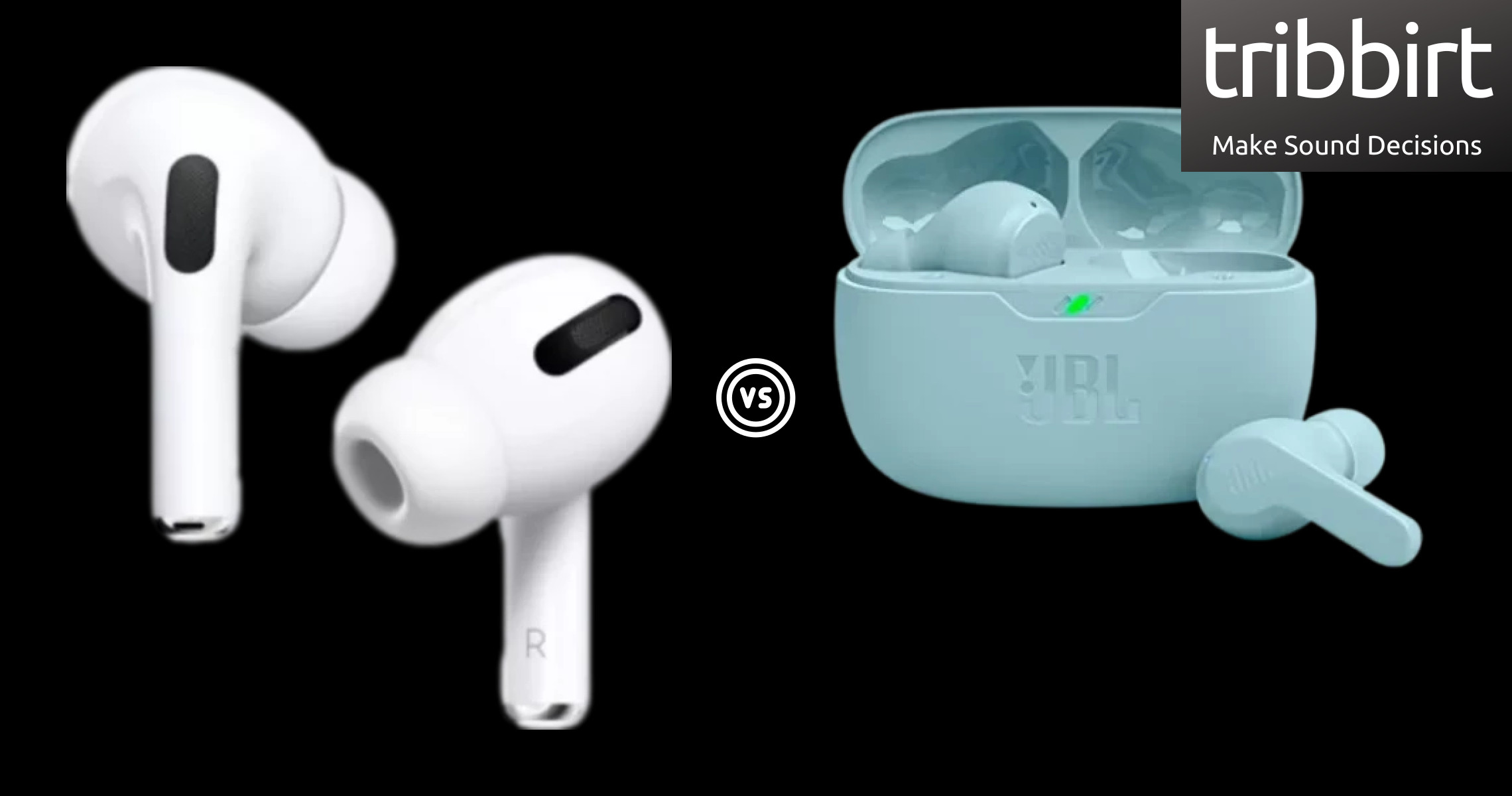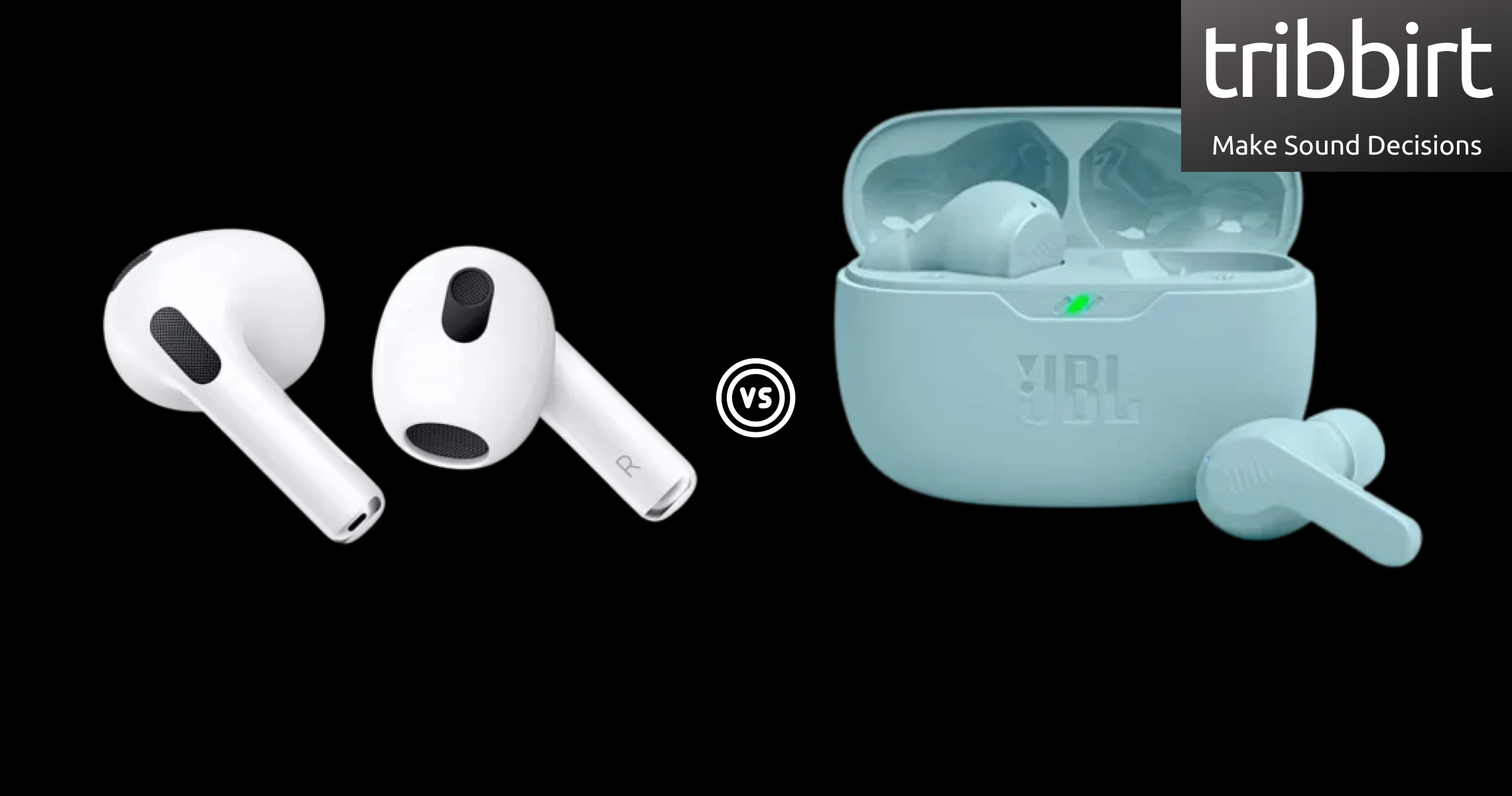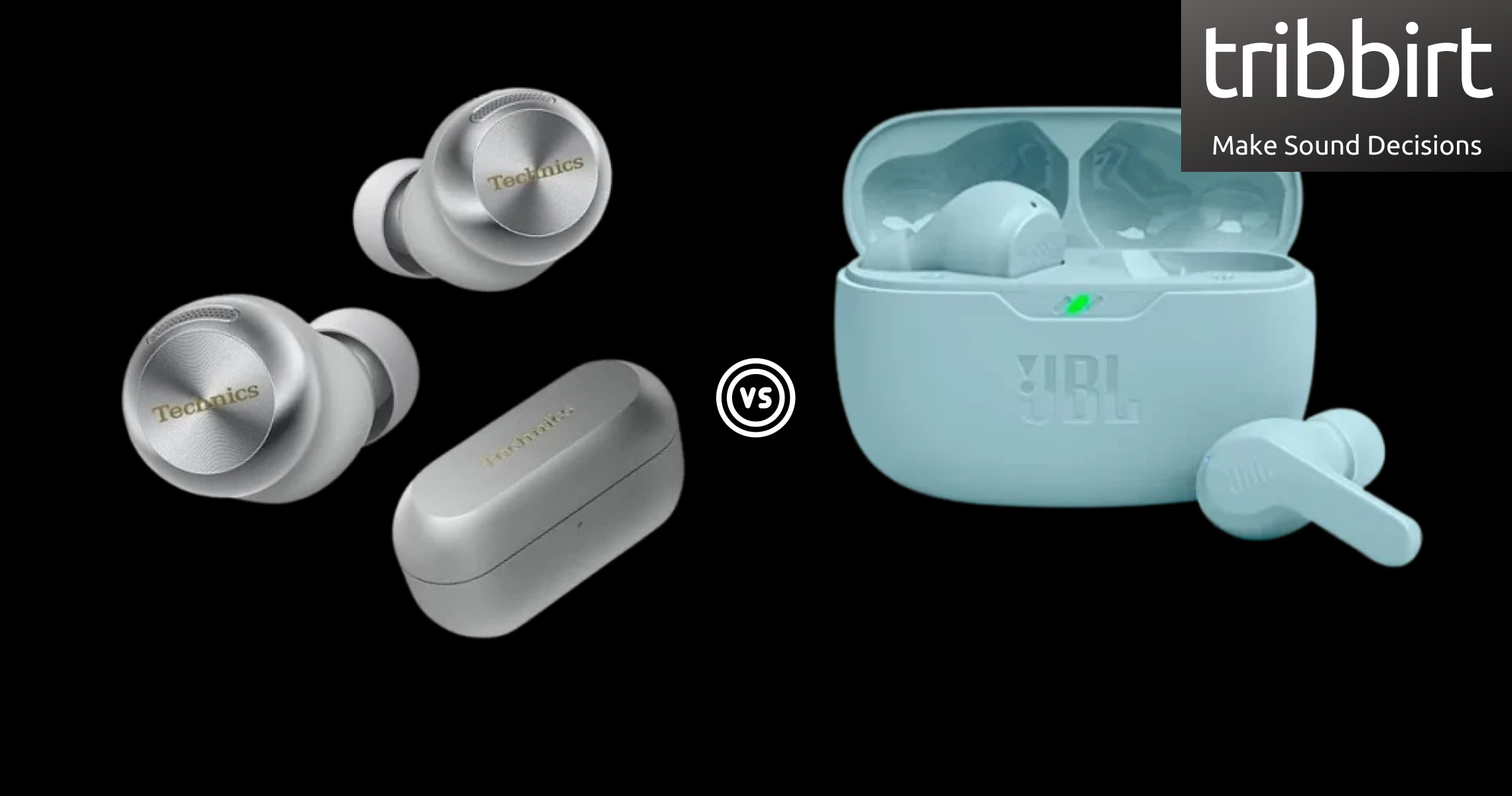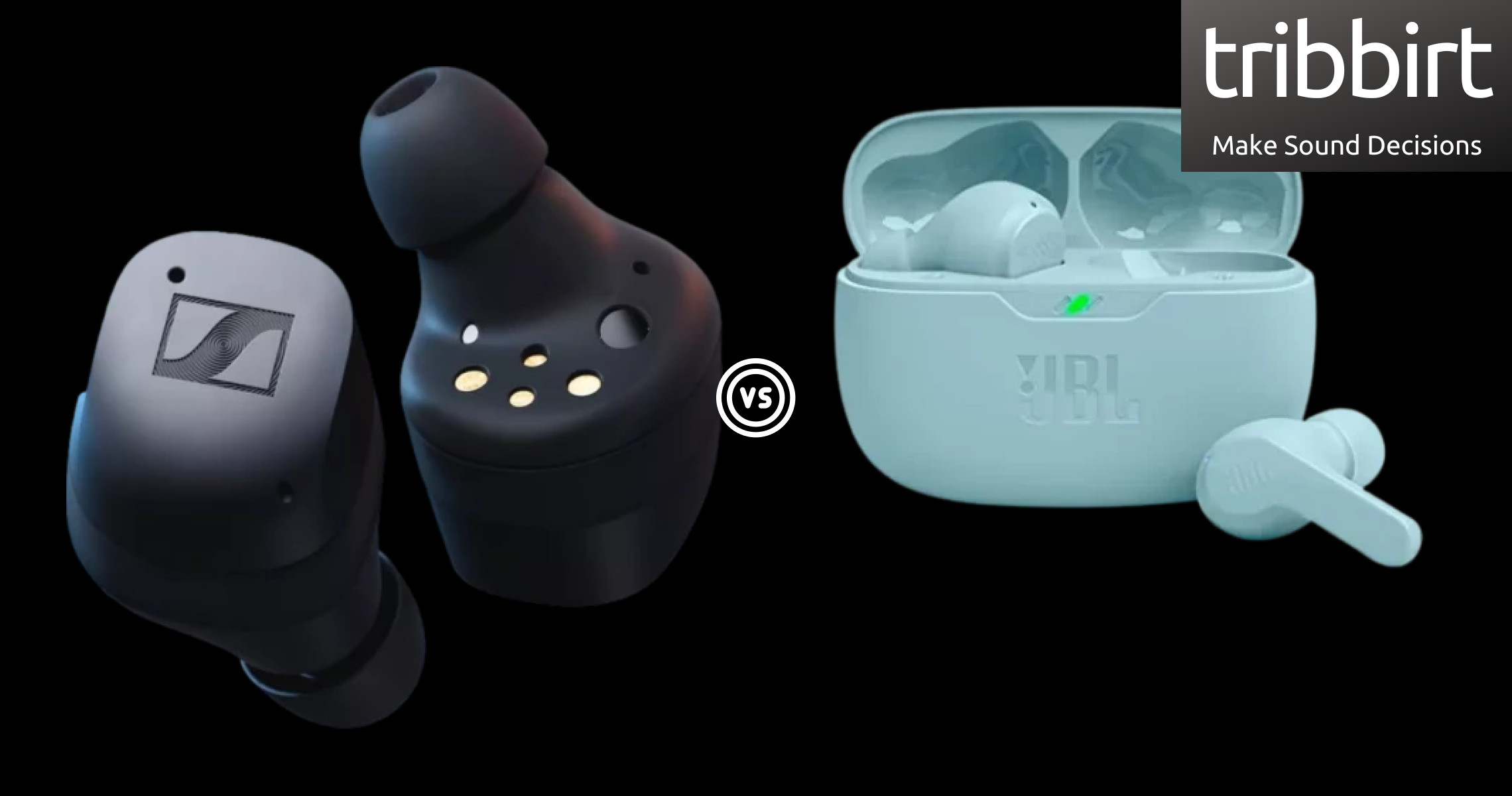Ingress protection ratings refer to the rank of protection given by a casing, against solids and water. In the format of IPXX, 'X' represents a number The first value of the IP rating represents protection against solids say dust, followed by the one that refers to resistance against liquids (sweat).
Scoring IP54, the JBL Wave Beam's rating is read as, the first number of 5 denotes that ingress of dust is not totally prevented but dust does not enter in harmful quantities to interfere with the correct operation or impair safety, and of liquids that they can withstand low pressure spray similar to that of a shower head when tilted at 180° for 10 minutes. Compared to the JBL Wave Beam, JLab Go Air have a rating of IP44 meaning that
JLab Go Air has a lower dust resistance than JBL Wave Beam
and that of liquids is that,
they both have the same rating against liquids
The JBL Wave Beam have a weight of 8.8g . We prefer a lower weight best for the reason that lighter devices are more comfortable to move with.
JLab Go Air, at 10g
are heavier than the JBL Wave Beam with a difference of 1.2g
True wireless devices have no wires connecting any part of the device together, JBL Wave Beam are true wireless for this case since they have no cables. This is an important distinction as some wireless earbuds have cables linking the pair of earbuds together. JLab Go Air also is true wireless since it has no cables connecting the two earbuds .
JBL Wave Beam are resistant to sweat
JLab Go Air's resistance to sweat makes both devices good for use while doing sports such as long-distance running, marathons, cardio sweat workouts , etc
JBL Wave Beam have stereo speakers, devices with stereo speakers deliver sound from separate channels on both left and right sides, creating a richer sound and a better listening experience.
Both JLab Go Air and JBL Wave Beam have stereo speakers
Active noise cancellation utilises more advanced technology to reduce ambient sounds. How it works, it detects and analyzes the sound pattern of incoming noise and inverts the soundwaves to cancel it out. In simple terms, it's like having +1 (noise) and adding -1 (counter sound by the device) giving zero resulting in a reduced level of noise.
JBL Wave Beam have Active Noise Cancellation allowing you to listen at lower volume levels, good for your ears as you don't need to crank up the device volume to overcome background sounds. JBL Wave Beam sit tightly in place, creating a sound covering that reduces background sounds and also prevents the device sound from leaking out at the same. Both of these devices have passive noise reduction which implies that they tone down ambient noise without using technology to cancel it out.
JBL Wave Beam driver unit is 8mm in diameter, bigger drivers are more powerful, therefor producing better bass. The driver unit is the component that makes sound in the device, its size dictates the sound produced by the earbuds. JLab Go Air driver unit is 8mm in diameter,
making both JLab Go Air, and JBL Wave Beam similar in how loud their sound gets
, many people have a misconception that driver units of a bigger size automatically produce better sound quality.
However, large drivers usually have difficulty producing high frequencies so it's true that, larger drivers can generate louder sound, but this does not mean that they produce better quality sound. JBL Wave Beam's lowest frequency is at 20Hz, low-frequency response inidcates how well a particular audio component produces low audible frequencies and if it alters the signal on its way through. JLab Go Air's lowest frequency is at 20Hz, this means that
both devices can produce equal bass
The JBL Wave Beam's highest frequency is at 20,000Hz, high-frequency response indicates how well an audio device produces high recognizable frequencies and if it adjustments to the signal on its way through.
JLab Go Air's highest frequency is at 20,000Hz, this implies that
both devices can generate equal treble
SPL, is the level of pressure of sound, in decibels, dB, JBL Wave Beam's measurement is 100dB/mW. Devices with a higher sound pressure level are generally louder when supplied with any given audio source. JLab Go Air's sound pressure level measurement is 103dB/mW.
The sound pressure level, something is can be taken differently by separate persons, so we need to have a way of getting a standard measurement of sound level expressed in numerical terms. JBL Wave Beam's battery life is 8 hours, these last longer than 5 hours of listening which is considered average for a single charge. A device's battery life is commonly given by the manufacturer, and with more battery hours, you get to use it for longer and requires fewer chargings.
JLab Go Air's battery life is
less than that of JBL Wave Beam by 3 hours
. Every time you recharge your device, they get a little less listening time. The effect is not noticeable at first, but over a few years, your wireless earbuds will have shorter listening time. This is given by the manufacturer, and the JBL Wave Beam's case has a charge of 24 hours.
A charging case with a longer battery life enables you to recharge your earbuds on the go multiple times before recharging the case itself. JLab Go Air's charging case has a battery life of 15 hours,
less than that of JBL Wave Beam by 9 hours
It takes 2 hours to fully charge the JBL Wave Beam's battery. It is highly adivsable to charge fully the battery before using the earbuds when they have been unused for extended periods.
JLab Go Air takes 1.5 hours to fully charge the battery,
less than that of JBL Wave Beam by 0.5 hours
JBL Wave Beam have a battery level indicator, an indicator shows you when the device has a low battery. The battery indicator lights indicate the charging state of your earbuds and charging case. JLab Go Air too have a battery level indicator, these enable you to tell the charging state of your earbuds, if charged fully, or having a low battery.
JBL Wave Beam use USB TYPE-C, an industry-standard connector for transmitting both data and power in a single cable. JBL Wave Beam have Bluetooth version of 5.2, Bluetooth is a wireless technology standard that allows data movement between devices placed in range, using short-wavelength, ultra-high frequency radio waves. JLab Go Air has a Bluetooth version of 5,
older than that of JBL Wave Beam
. Newer versions provide faster data transfers.
JBL Wave Beam have a 10meters distance connecting via Bluetooth. JLab Go Air have a maximum range of 10meters,
equal to that of the JBL Wave Beam
JBL Wave Beam have 2 microphones. JLab Go Air microphones are 2,
equal to that of the JBL Wave Beam
. More microphones record better sound quality and enable the earbuds to filter out noise.
JBL Wave Beam use a noise-canceling type of microphone, these microphones are made to reduce background sounds from the desired sound. The JBL Wave Beam support ambient sound mode, which uses microphones to channel ambient noises to still be heard even while wearing the earbuds
When misplaced in a room, or can't be found in your bag, the JBL Wave Beam have a find earbuds feature. The JBL Wave Beam support fast charging.
Most often, technologies like MediaTek’s Pump Express, are used to lower the time it takes to charge the earbuds. JBL Wave Beam have a mute function, they have the feature to mute/unmute a conversation directly from the device. With the JBL Wave Beam, so you can access the volume control, pause, play, mute, etc whichever functions are supported on the earbuds.
JLab Go Air also have a control panel on them. JBL Wave Beam support voice prompts. With voice prompts, you receive information via audio messages, like if there is an issue with the connection.
JLab Go Air too have voice prompts meaning the earbuds will notify you when the battery is low, and you need to recharge the earbuds. The JBL Wave Beam come with their own special case. Carrying earbuds openly, or placing them in your pockets without a cover can easily damage them.
